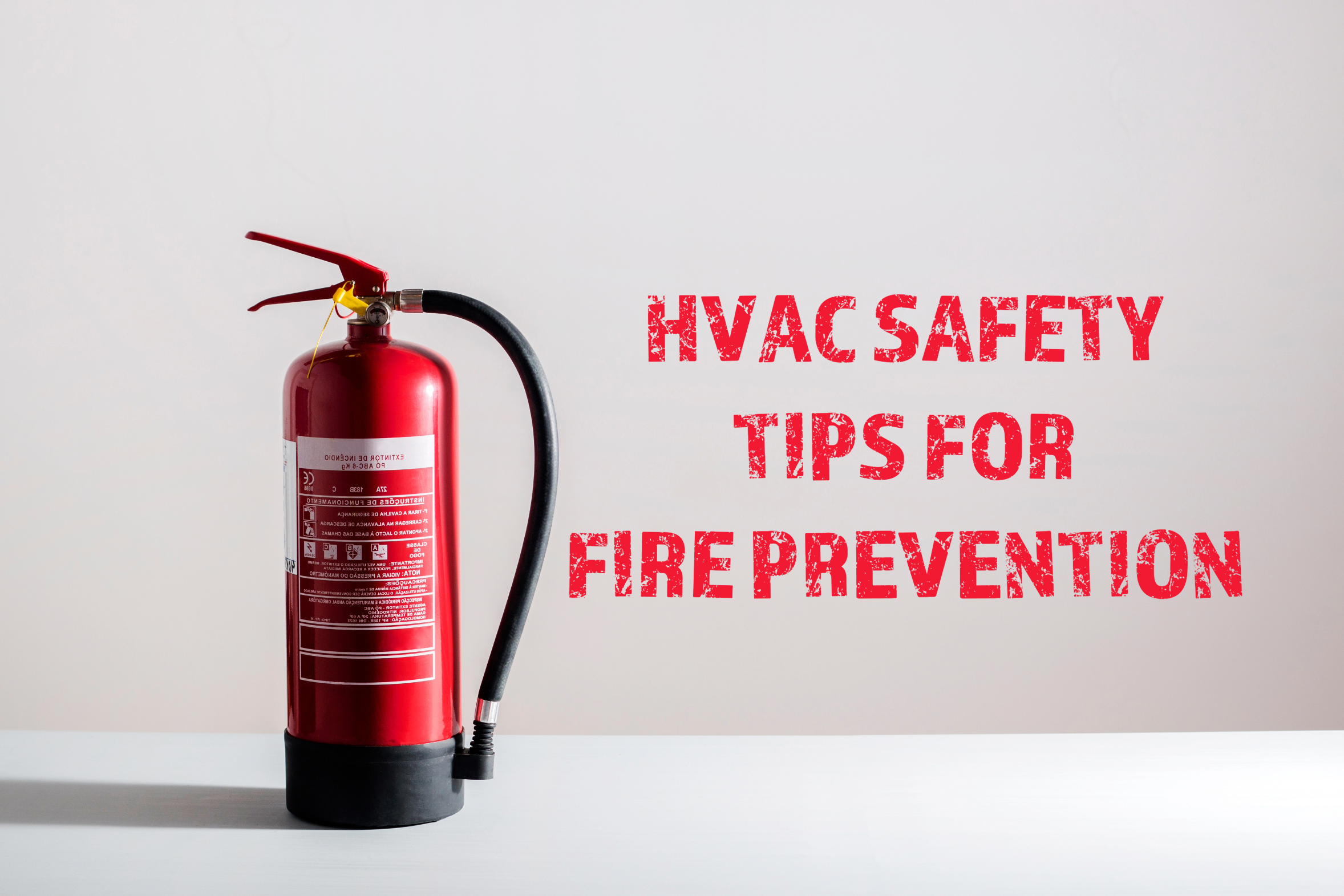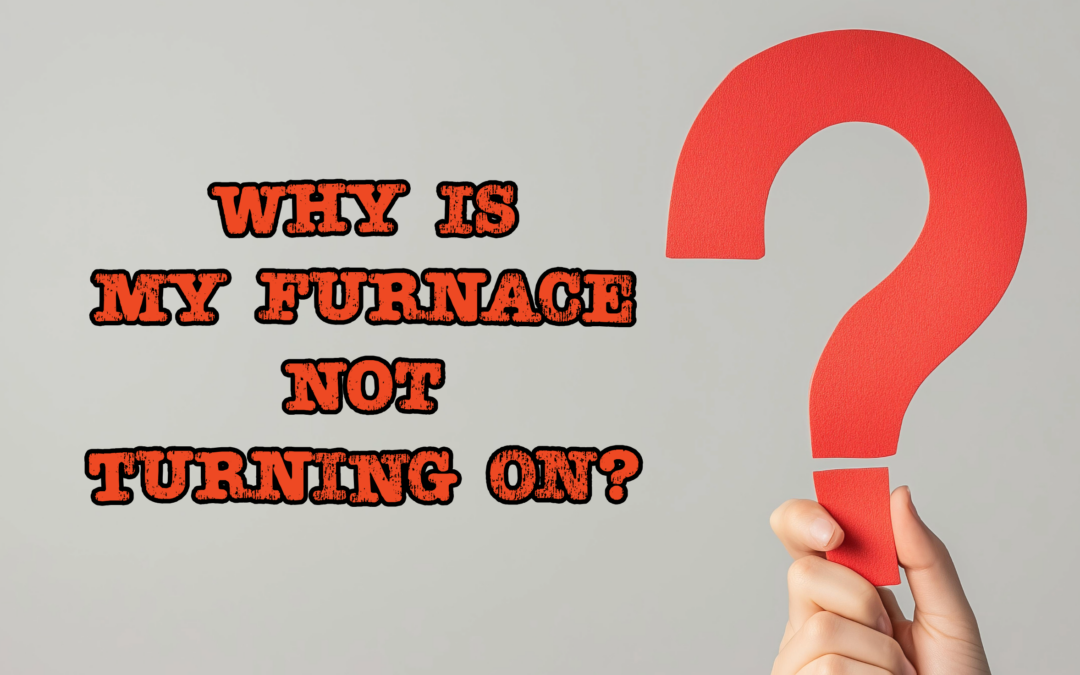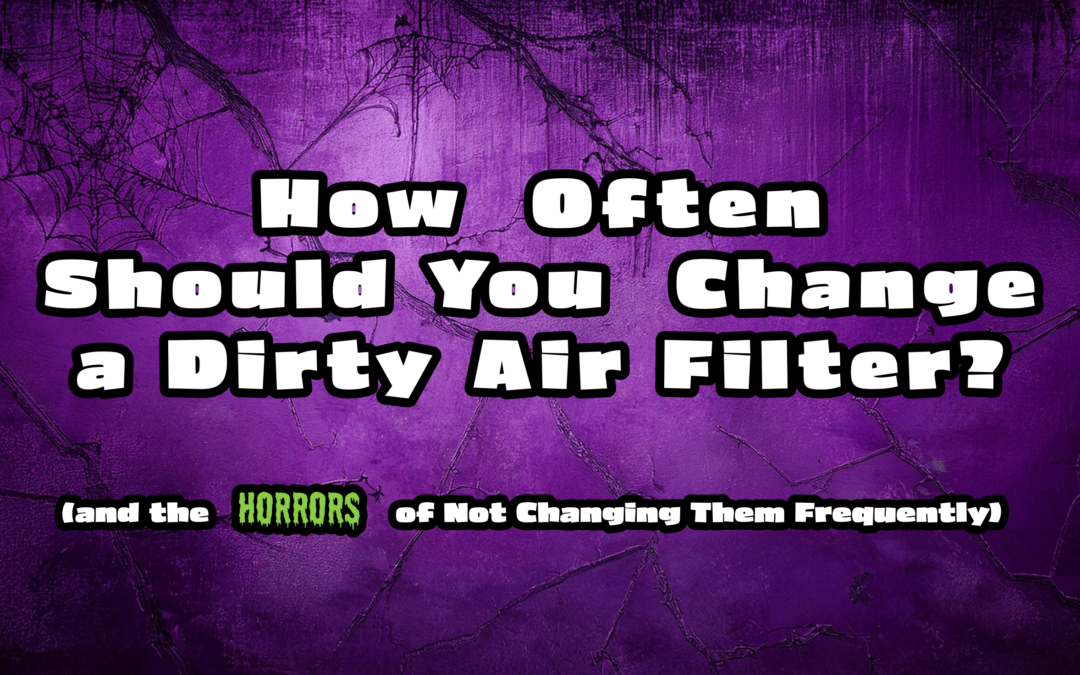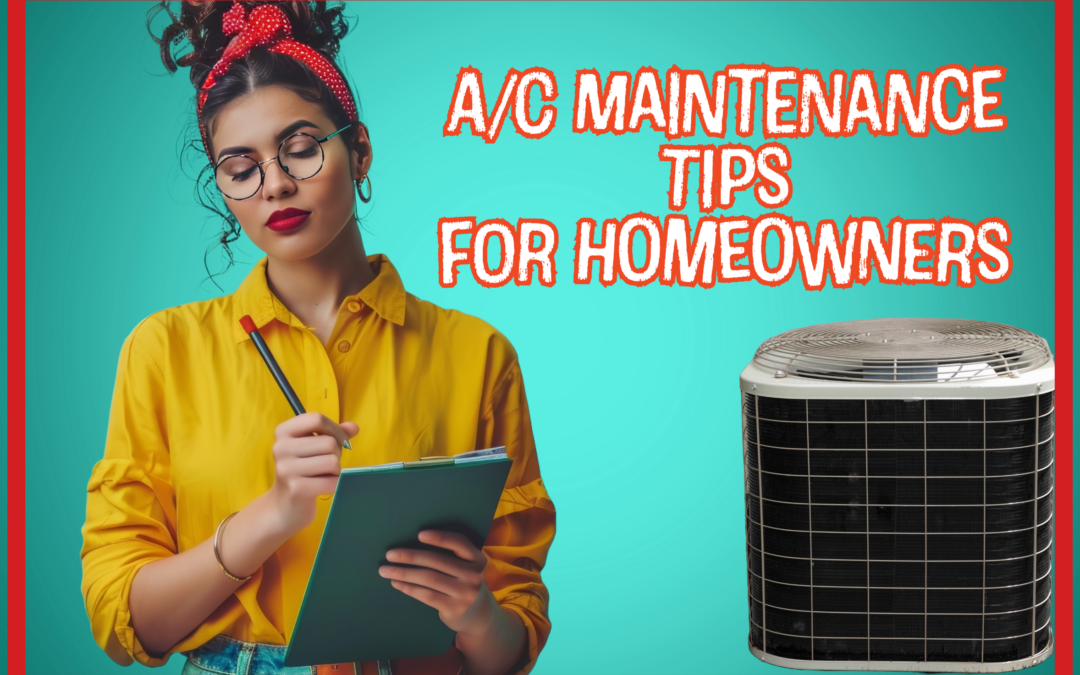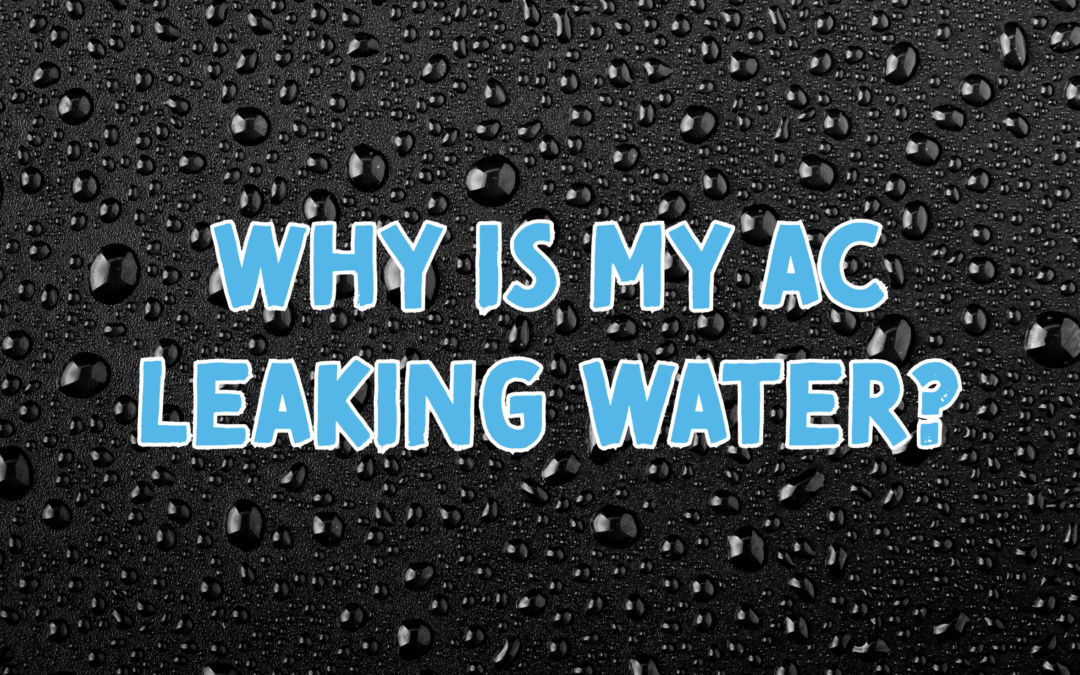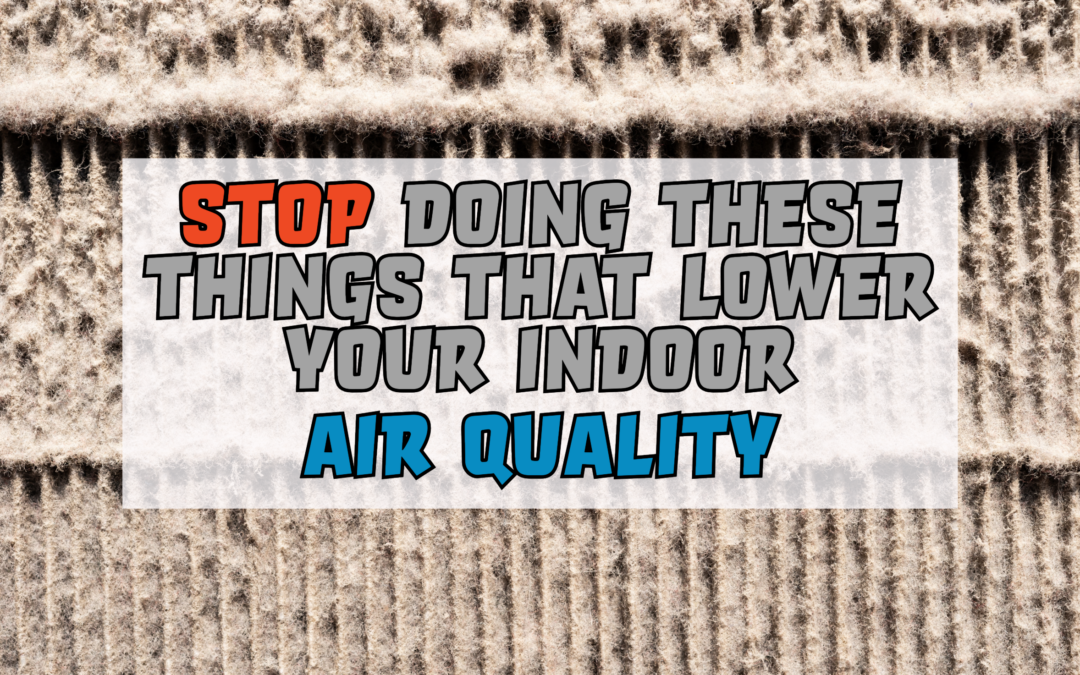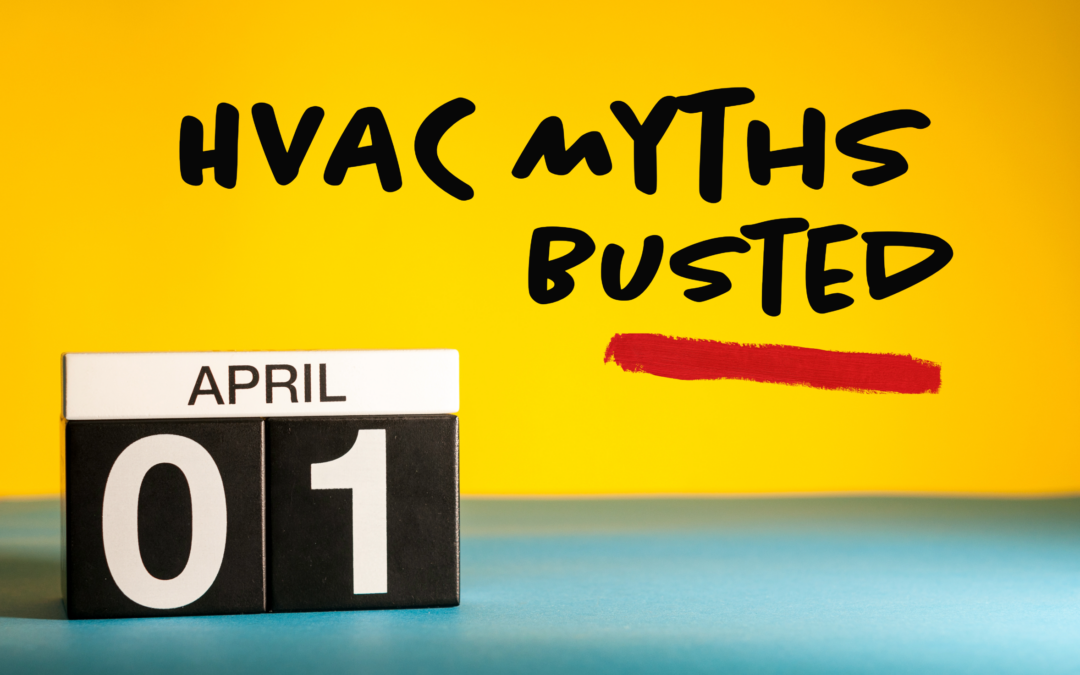October marks National Fire Prevention Month, initially stemming from a week dedicated to remembering The Great Chicago Fire of 1871 but now extended for the entire month in the hopes of raising proper fire safety awareness. Raising awareness about fire safety is paramount, given that roughly 358,500 house fires occur annually in the United States, with many preventable through simple maintenance steps. So, without further ado, let’s promptly delve into essential HVAC fire safety tips with Wilmington Heating & Cooling.
Common HVAC Fire Hazards:
First, understand that your HVAC system isn’t intrinsically hazardous. Yet, as is the case with many things in life, negligence can lead to potentially hazardous issues. So, it’s vital to recognize common fire hazards linked to HVAC:
- Electrical Problems: Many HVAC-related fires result from electrical or wiring issues. Older units with outdated wiring and circuits can pose risks. Therefore, regular maintenance is crucial, so if you can’t recall the last time either of your HVAC units was serviced, please reach out to us.
- Clutter Around Units: HVAC units in garages or basements often accumulate clutter, which, as we know, is a fire hazard. So, make sure to keep the area clear, ensuring proper airflow. This applies even if units are in closets or other home areas. HVAC units need proper airflow to circulate around them.
- Improper Installation: Poorly installed HVAC units can go unnoticed for years without regular maintenance checks in place. For this reason, it’s important to always work with a licensed HVAC company employing certified technicians for installations and be sure not to skip out on those regular maintenance checks too.
Fire Safety Tips from Your Wilmington Heating & Cooling:
- Escape Plan: Ensure everyone in your family, including children, knows the escape plan. Designate an outside meeting spot away from the house in case of a fire.
- Carbon Monoxide & Gas Detector: Enhance safety with a Carbon Monoxide & Explosive Gas Detector, which is meant to detect carbon monoxide and natural gases.
- Smoke Detectors: Install smoke detectors on all home levels, including the basement. Place them outside sleeping areas, preferably interconnected, for simultaneous alerting.
- Regular Testing: Routinely test Smoke and Carbon Monoxide Detectors every month and replace batteries annually for safety.
- Expiration Date: Smoke alarms have a lifespan. Check the manufacture date and replace them ten years from that date.
- Fire Extinguishers: Have fire extinguishers on each level of the home, preferably in easily accessible locations.
- Closed Bedroom Doors: Experts recommend keeping bedroom doors closed at night to slow down fire spread. This strategy has been known to be effective and has been lifesaving in many instances.
At Wilmington Heating & Cooling, we prioritize your family’s safety. But don’t forget that regular annual maintenance helps to ensure your HVAC system complies with safety standards and runs smoothly. Feel free to inquire about our Whole Home Protection Plan, which is designed to offer a seamless experience for our customers to easily safeguard their homes and HVAC system in a more convenient and accessible manner.
Call Wilmington Heating & Cooling today at (937) 764-3575, or schedule an appointment online now by clicking here!




